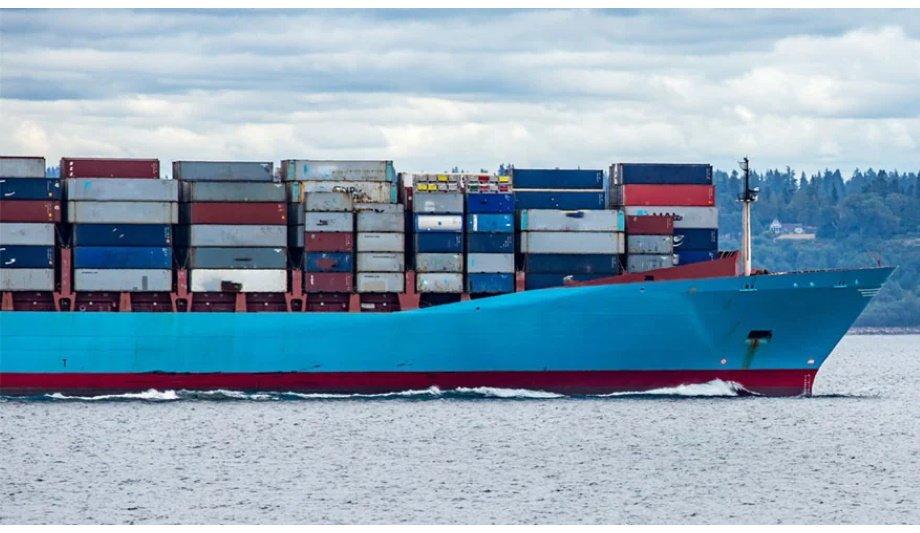To create great products means to listen, understand and rebuild constantly. In the current global market situation, affected by the COVID-19 pandemic and the severe capacity disruptions, the biggest challenge for A.P. Moller – Maersk’s (Maersk) customers was to acquire the right agility and resilience in their supply chain.
While talking to the customers, a key learning was that more clarity was needed on the kind of contracts and products that they were purchasing with Maersk. Which is why, it was decided to change things and focus more on partnerships, built on the right contract model.
Clear, configurable and standardised offering
Individual customer agreements have long dominated the ocean contract space, causing some confusion over terms and conditions, while not being able to solve all needs.
A.P. Moller - Maersk has worked on updating their offering, improving the quality and the reliability
Maersk wanted to change the conversation from the very individual ocean-leg procurement into a more holistic, partnership-based conversation, where the customer needs are in the centre and the company can truly partner with them, in order to solve their challenges.
A.P. Moller - Maersk has worked on updating their offering, improving the quality and the reliability. Having just one product was not acknowledging the differentiated customer needs. So, what the company has done was to understand what the customers were looking for and design six different contract products, so as to better meet their needs.
Maersk’s six standard products for 2022 tender season
Maersk offers six standard products for the 2022 tender season - Flat, Seasonal Preset, Seasonal Sync (which are traditional ocean contract products) and Block Space, Flexible, and Unlimited (which are partnership products).
Maersk’s customers can benefit from a new offering that is sharp, easier to understand, gives them a choice, eliminates procurement administration and gives them autonomy, through digital (live) data and 24/7 service access, moving away from load intention to delivering outcomes.
Customers choose to combine LCL and FCL shipments
How does it work? All customers can approach the company’s local sales representatives that will guide them towards the best solution, according to the best available option.
Maersk sees a significant increase, for example, in some of their smaller customers choosing to customise solutions, by combining Less-than-Container Load (LCL) shipments, together with Full Container Load (FCL) shipments in the contract, as it provides flexibility and ease of business for them.
Building better-designed products through partnerships
This is an opportunity for Maersk to build better-designed products through meaningful partnerships
This is an opportunity for Maersk to build better-designed products through meaningful partnerships, and they are positive that it will benefit the customers greatly.
Maersk has done ocean procurement for so many years, but the company believes that now it’s time to look at things differently and bring a new perspective.
Significant upside in terms of value creation
Just like recently shown in the company’s UPSIDE campaign, Maersk believes there is a significant upside in terms of value creation, if they can imagine new possibilities. This cannot be done, if they keep doing things in the traditional procurement way.
This is just the beginning. These products will continue to evolve, bringing more relevant propositions for the customers’ business. Maersk’s ambition is to scale and optimise operations, so as to bring this clarity beyond ocean and across their integrated end-to-end logistic reach – All The Way.
Using technology and smart data to power products
For this, with data ethics compliance at the forefront of the company’s operations, A.P. Moller - Maersk will continue to use technology and smart data to power these products, so they can deliver on their customers’ ambitions, including a sustainable supply chain, which focuses on carbon-reduced transportation, and is ready for the future.









